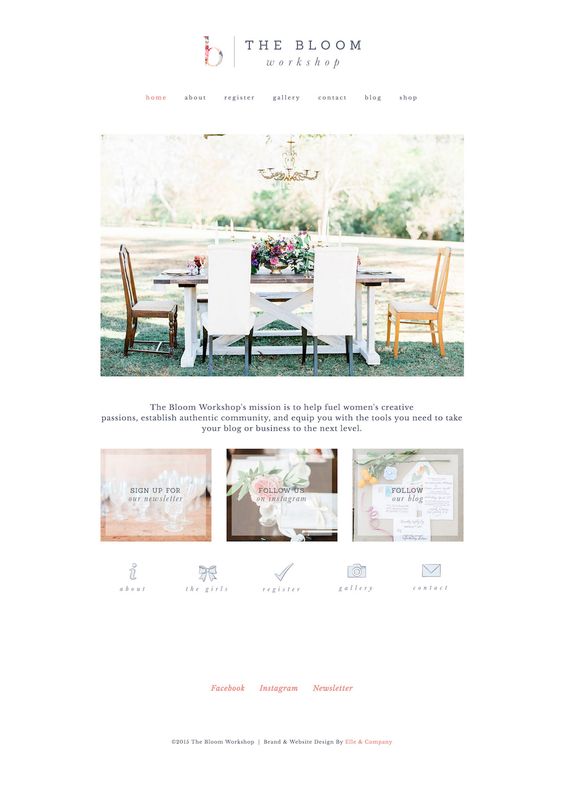How to Be a WordPress Blogger While Avoiding the Risk Factors
Running a WordPress blog can feel like a full-time job at times. There are so many things to keep current. You must keep the site updated and protected otherwise you’re opening the door to potential hackers. I recently faced this issue and realized how important it is.
Here are a few suggestions for how to reduce the risk factors of being a blogger.

Backups and Data Recovery
Having your website hosted for you is great, but you never know if the web host will go out of business or their web server will go offline. A web server’s hard drive could fail, and their backups are found to be less than perfect. In which case, you’ll be pleased that you installed one of the better backup plugins for WordPress which stores backups on your behalf. You’ll usually need a premium (paid) version to get automated backups, but just put a weekly reminder in your diary to manually create a backup you can store on your home PC or in the cloud.
When you’ve lost your website information and your backup has some data corruption, you can’t do much better than call up Secure Data Recovery. They’re specialists in dealing with hard drive data loss and know which software to use to get the best data recovery rate. When you’ve lost your site and you’re losing money, it’s totally worth the cost.
Security for Your Site
Securing your website is important these days. With over 20 percent of websites running WordPress, hackers are always trying to find ways to a site. You should be using a security plugin like Sucuri that takes care of the heavy lifting, so you don’t have to worry. They monitor intrusion attempts and lock down the login access to make it harder to penetrate the site’s defenses. Another security plugin that has its own firewall is WordFence and it has many fans too.
Keep Themes & Plugins Updated
The easiest way to breach the defenses is through a WordPress theme or plugin that hasn’t been updated. They sometimes find bugs in their code which makes them vulnerable to an attack and release a new version to close the security hole once it’s been reported. Only when these updates have been completed is the security as close to air-tight as it can be. For example, if you use this idx for wordpress, you need to make sure that you update it on a regular basis so that it works smoothly.
If you don’t feel that you have the time to check the status of the updates page on your site(s) daily, then you may want to try the Jetpack plugin which can automatically update plugins periodically. Some web hosts such as Siteground also perform WordPress version updates on behalf of their hosting customers to protect their servers.

Reducing the risk factors as a blogger is all about dealing with the obvious security issues to avoid preventable security problems. Another smart move is not opening emails from people you do not know or clicking on questionable links within an email to avoid letting an intruder inside your accounts. Being aware is the most important thing to avoid problems. Keep up with news reports relating to WordPress security to make yourself aware of any new risks on the horizon too.









